The Iron Lady
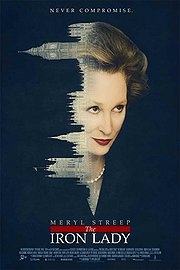
It seems that everyone has a problem with The Iron Lady, Phyllida Lloyd’s first film since 2008’s Mamma Mia! Thatcher’s peers are outraged by the film’s timing, its depiction of the ex-Prime Minister potentially damaging not just to the political party, but the aged Lady Thatcher herself. Her detractors, meanwhile, are faced with the prospect of two hours spent in the company of a heavily sentimentalised variant of their own personal anti-Christ. And this is after Lloyd has stripped her film of controversy, inadvertently robbing it of substance in the process.
It’s the present day, and Margaret Thatcher (Streep) is struggling to keep her mind as the painful memory of her late husband (Broadbent) haunts her wherever she goes. Never free of his presence, the ex-Prime Minister fights senility in anticipation of the unveiling of her portrait at 10 Downing Street. Determined to exercise her burgeoning dementia by ridding herself of his old clothes, Thatcher finds herself re-living her life through a series of half-remembered episodes, slowly revealing the woman behind the politics.
So, if The Iron Lady isn’t actually about Thatcher’s policies, as a decidedly optimistic Lloyd might have us believe, what exactly is it about? Well, everyone involved seems to have a different answer. To some it is a portrait of a feminist icon, to others it is a simple love story, while the director herself maintains that it is a film about ageing. While the filmmakers handle these errant threads with varying success, the unavoidable fact that the polarising figure of Margaret Thatcher has been chosen to play case study, sans her political baggage, leaves the film with a gigantic hole at its centre.
Not that anyone appears to have alerted Meryl Streep, who duly approaches the role with a verve and attention to detail that goes some way to compensate for the screenplay’s distinct lack of spine. Having clearly done her research, Streep has amassed a truly amazing arsenal of nuances and idiosyncrasies that help veer this psuedo-biopic away from mere charicature. From budding politician to dementia-laden hate figure (by way of Prime Minister, of course), her performance is never anything short of astounding.
The supporting cast too are an absolute delight. Jim Broadbent fleshes out what could have been a truly gaudy gimmick as the bizarrely corporeal memory of Thatcher’s late husband, the actor’s own personal reservations about Thatcher Proper invisible beneath his customary warmth and humility. Olivia Colman, meanwhile, threatens to steal the show as Carol Thatcher, similarly avoiding pastiche in preference of sentiment and poignancy, leading to some undeniably touching moments. Beyond the core family, however (and maybe Anthony Stewart Head’s Geoffrey Howe), the rest of the film’s cast flit by in a passing resemblance to infamous faces past and present. Much like the story we all came to see.
Unfortunately, this simply isn’t enough to paper over the cracks. The framing device just doesn’t work, with the narrative taking an absolutely grating amount of time to get underway. Slight, tedious and painfully episodic, The Iron Lady marks little but a wasted opportunity, particularly disappointing due to the staggering amount of talent evident onscreen. Career-high performances are completely at odds with a misguided script, unremarkable direction and an unseemly amount of time spent watching an elderly Margaret Thatcher buy milk. Powerful, yes. But Lloyd seems to have forgotten that with great power also comes great responsibility.




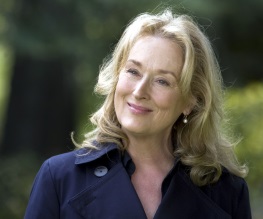
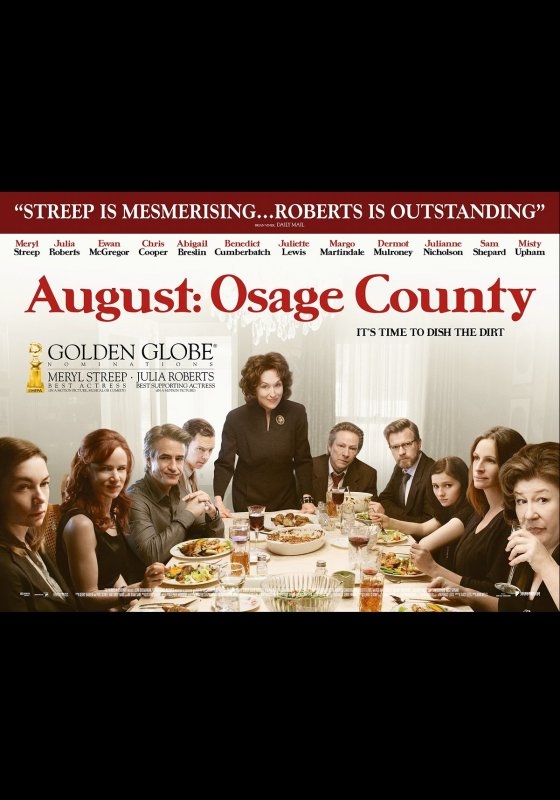
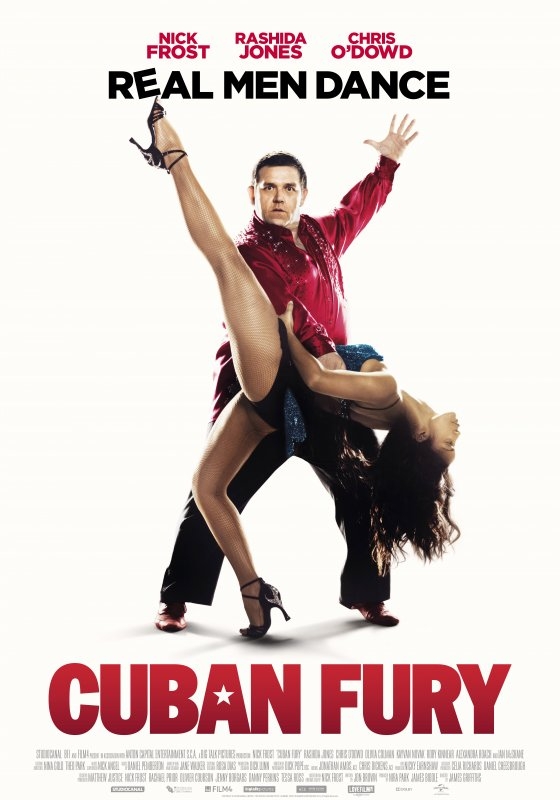
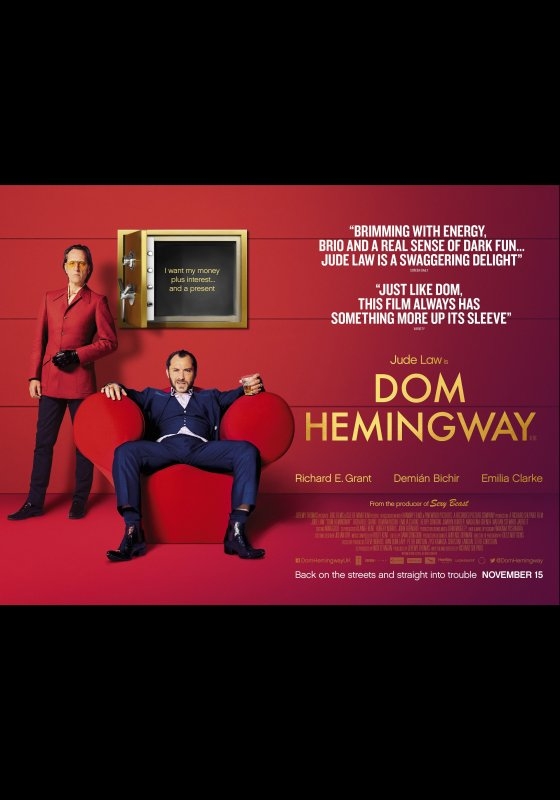
Recent Comments